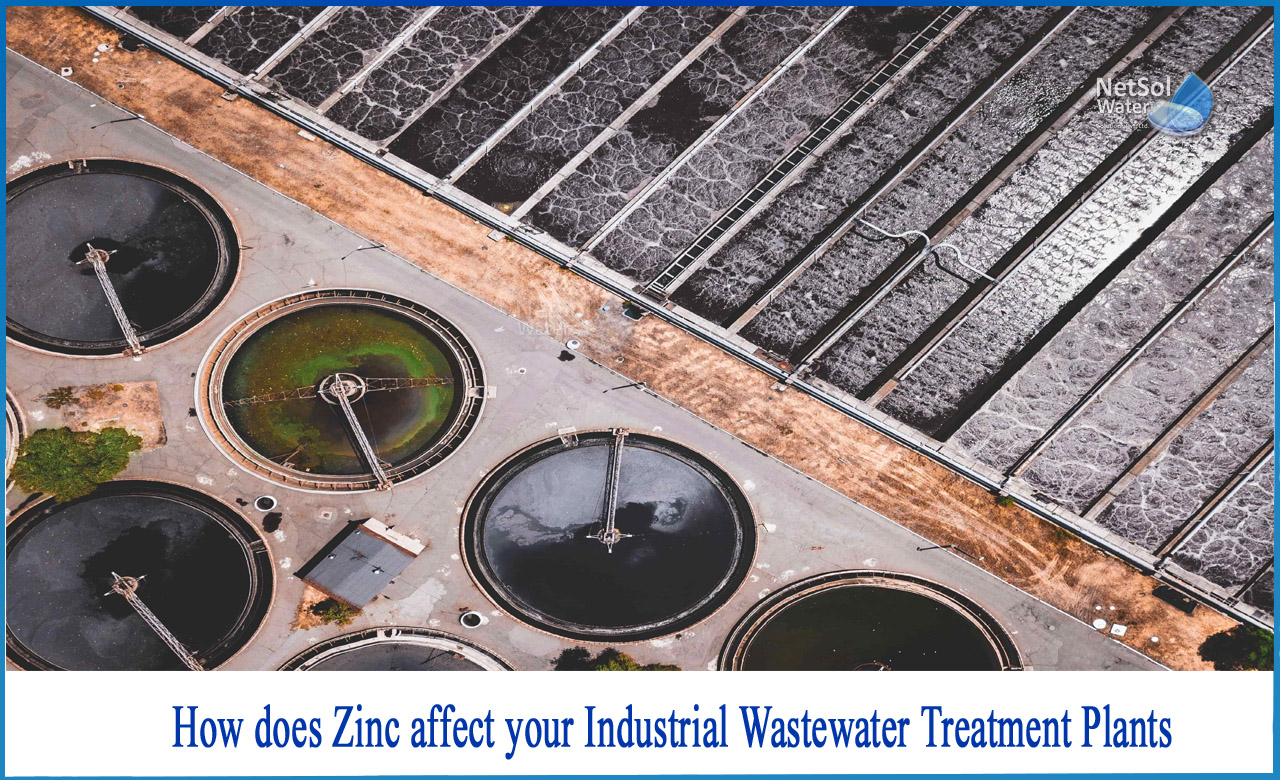What is zinc?
Zinc is a naturally occurring heavy metal that is plentiful in the earth's crust but present in much lower concentrations in soil and surface waters. It is a bluish-white metal having a glossy lustre in its pure elemental state. It corrodes slowly when exposed to air and water and is moderately reactive with oxygen and other non-metallic elements.
Zinc's chemical and physical properties make it particularly valuable for galvanization, which involves applying zinc as a corrosion-resistant coating on other metals such as iron or steel.
Where does zinc originate?
The majority of zinc originates from metal ore sources distributed over the world, with a tiny but growing share derived from recycled metals. Over the last several decades, global demand for zinc has expanded dramatically, which, coupled with illegal wastewater discharge from mining and mineral processing, landfill and dumpsite spills, and fossil fuel burning. It has contributed to rising levels of zinc in air, soil, and water. As zinc pollution becomes a major hazard, these and other human activities are being scrutinized and mitigation actions are being undertaken to prevent more zinc pollution.
How does Zinc affect your Industrial Wastewater Treatment Plants?
Zinc concentration in Industrial wastewater is widely regulated throughout much of the world due to the risks it poses to the environment and human health. Furthermore, zinc, like other heavy metals, can impair the performance of biological wastewater treatment systems. As a result, organizations that use or handle zinc or zinc compounds must normally establish wastewater monitoring and treatment procedures, both for compliance and to maintain the optimal operation of any onsite wastewater treatment systems.
Observance of wastewater discharge regulations
To safeguard the public from the health risks and environmental consequences connected with zinc, regulatory agencies have set maximum zinc concentrations in wastewater.Failure to comply with appropriate discharge limitations might result in significant penalties and judicial action.
Facilities that discharge effluent directly into waterways must acquire a National Pollutant Discharge Elimination System (NPDES) permit, which sets wastewater volume and pollutant restrictions, as well as any testing and reporting requirements.
Zinc limits are set in accordance with Indian regulatory regulations, which vary depending on the industry, facility type, available treatment technology, plant size, and location. Metal finishers, for example, are limited to a monthly average zinc level in the effluent of 1.48 ppm.Limits for battery anode producers are measured differently, with a monthly average ranging from 0.42 to 1946 mg of zinc in wastewater per kilogram of zinc anodes produced. In short, if your plant discharges wastewater into public waterways, you will almost certainly need to manage and monitor zinc levels in order to stay under regulatory limits.
Removal zinc from Wastewater
Excess zinc in wastewater must be chemically and physically eliminated before release. This is accomplished through the use of specialized equipment and chemicals that are customized to the specific metals present.
The purpose of zinc wastewater treatment via hydroxide precipitation is to raise the pH (hydroxide ion concentration) of the water so that the zinc forms an insoluble precipitate. Once the zinc precipitates and solidifies, it is easily removed.
The specific treatment technique varies from facility to facility, but in general, zinc can be precipitated to acceptable amounts by using a blended coagulant and adjusting the pH. This is a chemical process that causes zinc to become insoluble, resulting in precipitated solids. The solids are then combined with a polymer, which aggregates them into a sludge that may be dewatered using equipment such as a filter press.
Conclusion
Since, zinc has adverse effects not only humans but also on wastewater treatment plants, therefore, it should be removed. It may be eliminated from wastewater using a variety of methods. Techniques such as coagulation, ion exchange, and activated carbon can be used to obtain a level that passes regulatory criteria. Sand filtration is also thought to be a great solution.
Do you still have some questions?
We are here to help! Based on our many years of experience manufacturing some of the most cost-effective water and wastewater treatment systems for families and companies, we'd love to assist you in finding a solution that meets your needs and budget. It is our obligation to conserve water and to ensure that wastewater is treated in order to prevent water pollution. Our wastewater treatment systems are offered with a variety of customized features to match your specific needs.
For further information or product related query, call us at +91 9650608473 or email at enquiry@netsolwater.com



